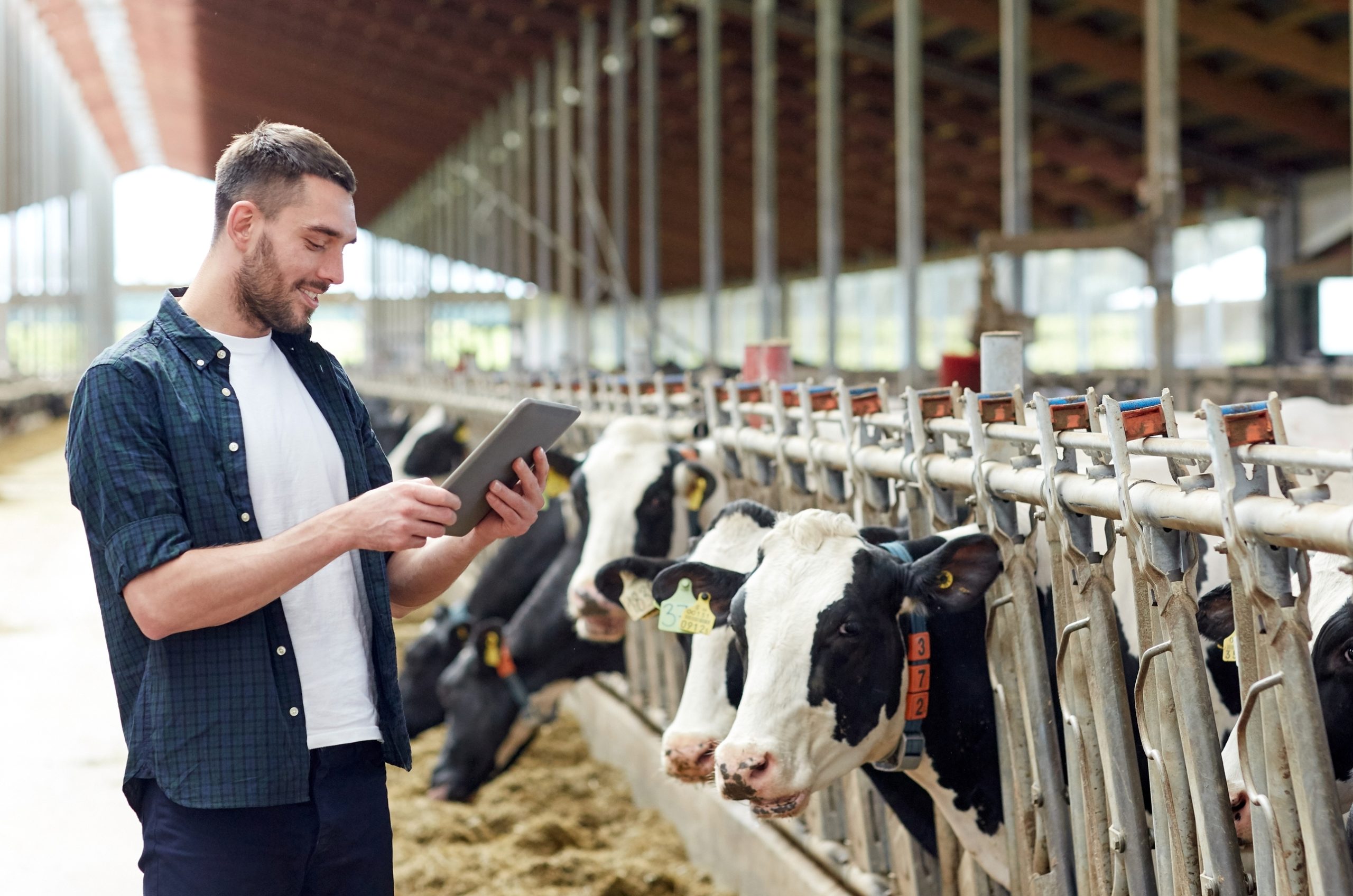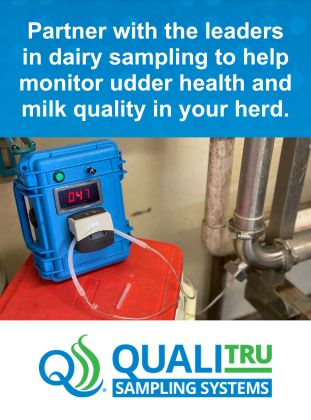Safeguarding Data in Modern Dairying

Safeguarding Data in Modern Dairying
By Jaclyn Krymowski
Modern dairy systems run on data, from precision farming systems in tractors to herd management software, activity monitors, parlor equipment, and much more. Data is one of your most valuable assets.
Hackers and scammers see your farm data as a goldmine, too. Like any other valuable asset in your business, you need to protect your data from cyberattacks. If you don’t, it could be misused, and you could suffer dire consequences.
Ensuring data access while preventing its misuse is key. You need the flexibility to share insights with your team, but unauthorized access could disrupt operations or even compromise the well-being of your herd.
Fortunately, just as technology has revolutionized data collection, it also offers security solutions.
Importance of Farm Data
The growth in the use of technology software and systems, along with additional artificial intelligence (AI) has aided in the productivity and efficiency of agriculture.
Technology has enabled farm operations to perform certain tasks remotely. This requires connecting to the farm network to either review data or perform tasks. Think robotic parlors, cameras analyzing cattle behavior and movement or even automated feeding systems.
While the benefits of farm data monitoring are undeniable, they raise critical questions about data privacy, security, and transparency. As a farmer, understanding the importance of transparency in data management is another essential skill set to develop.
Understanding the Data Dangers
A breach in farm data can lead to a chain reaction of effects that can harm your digital systems and data.
Disrupting the flow of farm data can hinder viability and put a kink in today’s daily operations. On dairies, we constantly collect data to track heat cycles, milk production, vaccination programs, treatment programs, and so much more.
Despite precision farming’s many advantages, security threats are a major challenge that continuously sprout and can harm various stakeholders in the agricultural system.
According to a 2022 Frontiers in Sustainable Food Systems research report, On-Farm Data Security: Practical Recommendations for Securing Farm Data, these security issues may result in security breaches that could lead to unauthorized access to farmers’ confidential data, identity theft, reputation loss, financial loss, or disruption to the food supply chain.
Whether the culprit is a complete outsider or a meddlesome employee going above their own authorization access, protecting the farm data is essential.
Farmers should pay careful attention to information security and adopt security best practices to protect farm systems from potential cyber attacks.
Data Ownership
Data ownership using third-party software can be confusing. Just because you have full access doesn’t mean you are your data’s sole owner.
This frontier is still relatively new and data ownership may vary from company to company. Whenever you purchase new software or a system from an agriculture technology provider, sometimes called an ATP, make sure to ask who owns your data and has access to it.
In 2014, ATPs, the American Farm Bureau Federation and commodity groups put together the Privacy and Security Principles for Farm Data to help farmers and companies navigate the playing field. ATPs in compliance can be found certified under the Ag Data Transparent organization. Their core principles document was updated in 2024 and their website can be a valuable resource for understanding data equity.
Securing Farm Data
Being aware of remote internet connections and what is used on farm computers can help protect against “lower” risk breaches. These typically include simple phishing attempts targeted at employees and unintended access to confidential information.
Data privacy and security are paramount for farmers, safeguarding their information from breaches and unauthorized access. While a foolproof solution against all threats doesn’t exist, collaboration with reputable companies can help farmers significantly reduce risks and establish effective security practices.
Ransomware is a continued concern for all types of farm businesses. And no one is immune. Remember the JBS attack in May 2021 in which their systems and data were held for a hefty ransom?
All devices used on your farm should have antivirus and anti-malware programs installed. Depending on the complexity of your operation and how many employees may need access to farm or financial records, it may be beneficial to look at programs that have different logins for employees.
Employees should use a virtual private network (VPN) when connecting to farm accounts. Unsecured Wi-Fi networks—be they public or an open one on your fam—can allow hackers to easily access your accounts. Whenever possible, use secured connections and multi-factor authentication.
Safeguarding farm data is not just about recordkeeping; it’s vital to business and personal security. By fortifying your systems against cyberattacks and malware, you help ensure your operation’s integrity. Strengthening your workforce with data security training equips them to handle potential issues and maintain a secure environment.


